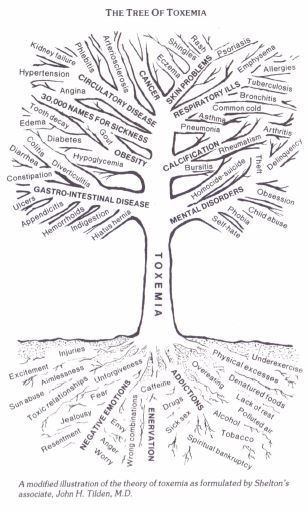|
Have you ever wanted to decode seemingly complex medical terminology? Because there are thousands of different names for bodily symptoms and those names use greek and latin roots, medical lingo can sound like an entirely different language. But understanding doctor-speak isn't that difficult. Download the new Radical Health mini-zine 101 common medical root words, and see how this language is created. Most medical terms that describe symptoms just describe what is happening and in what part of the body. Take for example the term myocarditis. When you break apart the word, you find 'myo' which means muscle. The 'card' means heart (as in cardio) and 'itis' simply means swelling. So myocarditis is swelling of the heart muscle. Dermatitis is swelling and irritation of the dermis (skin), laryngitis is swelling of the larynx, and rhinitis is swelling of the sinuses (like rhino). Easy, right? This list of 101 root words will also help your understanding of the language of physiology as well, used by physical therapists, chiropractors, sports doctors, and trainers. Most important to glean from a study of how diseases are labeled, is the fact that diseases generally only describe symptoms, whereas the true key to overcoming the illness is in determining and reversing the root cause of the symptoms. Do not get attached to the disease label given to you by a medical professional. Most symptoms have a similar cause of toxemia (toxic blood), caused by accumulated lifestyle habits, enervating activities, or poisoning, which leads to any number of disease symptoms. Look at the Tree of Toxemia, a visual representation of this idea, adapted from JH Tilden's book Toxemia Explained. Let me know if you find this mini-dictionary useful or if it would help to see an expanded version some day. Visit the Library for more zines and resources.
0 Comments
|
Seth's blogHome of Archives
June 2024
Categories |

 RSS Feed
RSS Feed